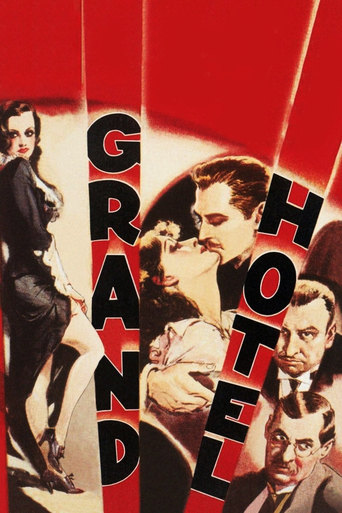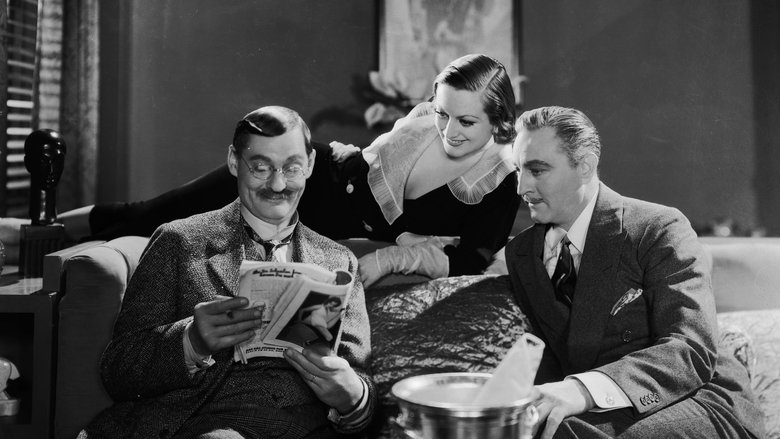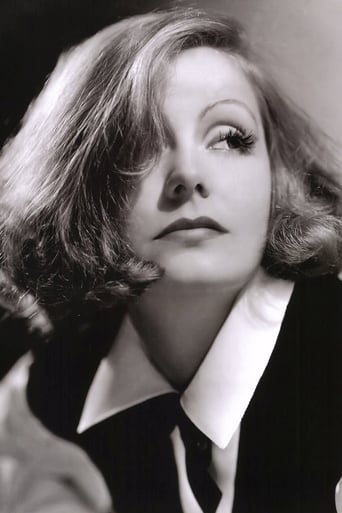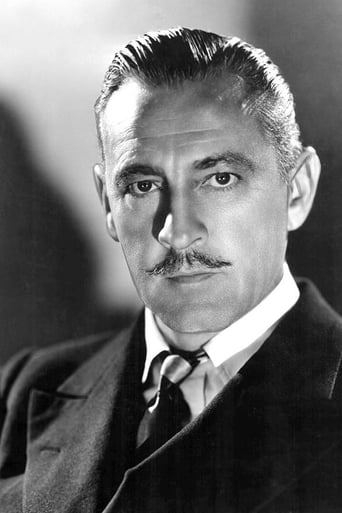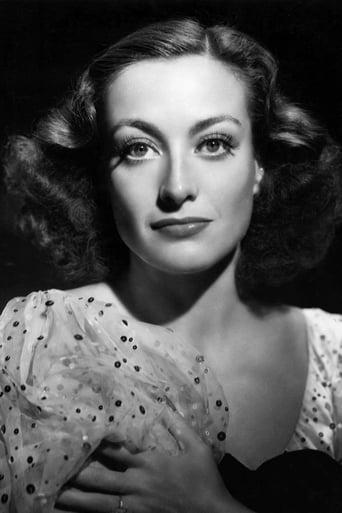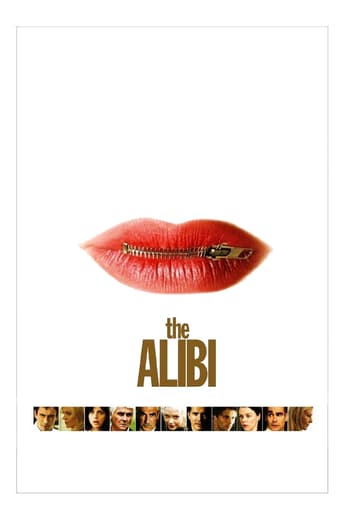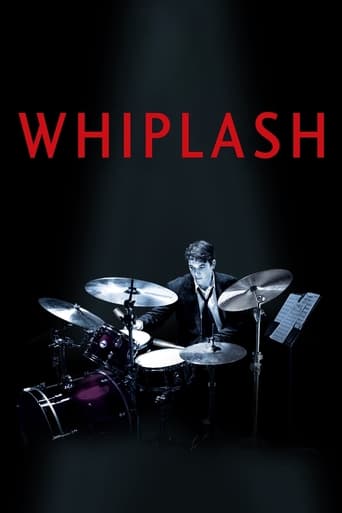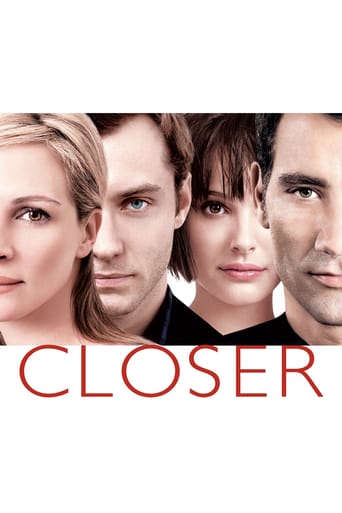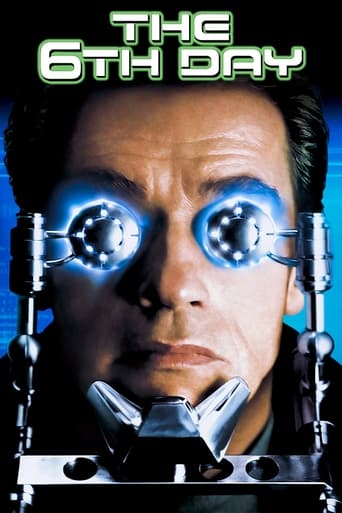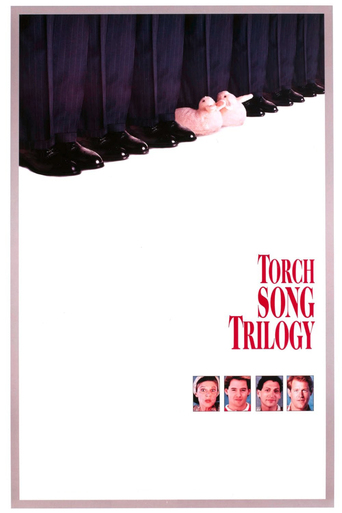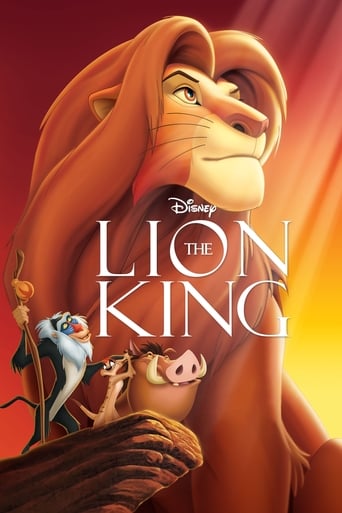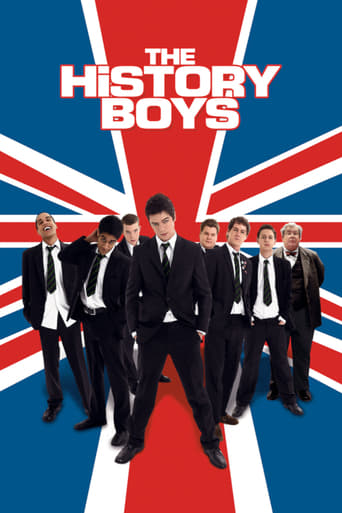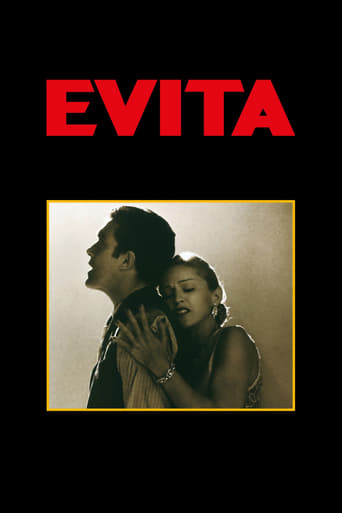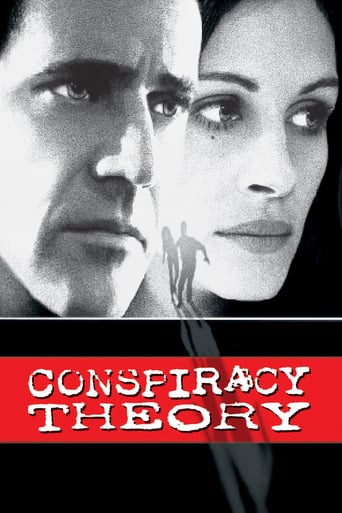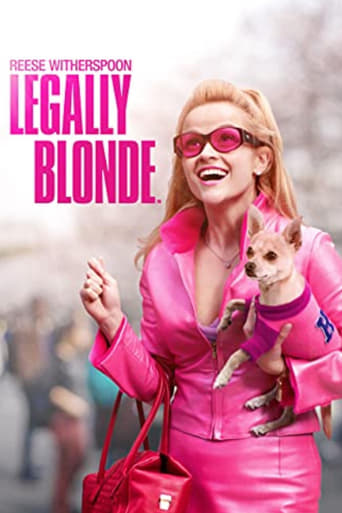Grand Hotel (1932)
Guests at a posh Berlin hotel struggle through worry, scandal, and heartache.
Watch Trailer
Cast


Similar titles
Reviews
General Director Preysing being arrested for killing Baron Felix von Geigern makes little sense. The Baron was trying to rob him and a competent police force would only bring Preysing in for questioning, after which he would probably be released due to self defense. Even the audience knows he acted in anger, its unlikely that it would have resulted in charges.Also unlikely that Grusinskaya could get out of the hotel with a murder in nearby room without hearing about it.
Copyright 5 May 1932 by Metro-Goldwyn-Mayer Distributing Corp. A Metro-Goldwyn-Mayer (controlled by Loew's Inc.) picture. New York opening at the Astor, 12 April 1932. U.S. release: September 1932. 12 reels. 10,086 feet. 112 minutes.SYNOPSIS: Grand Hotel, Berlin. "People come, people go. Nothing ever happens" — except murder, robbery, seduction, embezzlement, attempted suicide, high-life 'living" and despair.NOTES: Vicki Baum's rather drably titled "Menschen im Hotel" ("People in a Hotel") became the more colorful "Grand Hotel" when translated to Broadway on 13 November 1930. Eugenie Leontovich, Henry Hull, Hortense Alden, Sig Rumann, Sam Jaffe, Romaine Callender and Walter Vonnegut played the roles essayed on the screen by Garbo, John Barrymore, Crawford, Beery, Lionel Barrymore, Stone and Hersholt respectively. Rafaela Ottiano, alone of the Broadway cast, repeats her role in the film. The film ran 444 performances at The National. It was directed by Herman Shumlin.Although Grand Hotel won the Academy Award for Best Picture, it was not, oddly enough, nominated for any other category. It topped the 1932 Film Daily poll of the nation's film critics by a commanding 296 votes compared to The Champ's 214 in second place. Mordaunt Hall of The New York Times selected Grand Hotel as one of his ten best of the year.Negative cost of $700,000 was more than twice recovered from initial domestic rental receipts of $1,594,000.MGM remade the property in 1945 as Weekend at the Waldorf. A West German remake, Menschen im Hotel, starring Michele Morgan as the ballerina and O. W. Fischer as the baron, was released in Europe in 1961. Sonja Ziemann had the Joan Crawford part, Heinz Ruhmann played the Lionel Barrymore role, whilst Gert Frobe was Preysing. The director was Gottfried Reinhardt, who worked from a screenplay by Ladislas Fodor and Hans Jacoby.COMMENT: It says much for the dual accomplishment of director Edmund Goulding and screenwriter Frances Marion that the dramatic force of Grand Hotel remains undiminished by time. Acting styles may change, directorial conventions (like the people of Grand Hotel) come and go, even novels and plays fade from the heights of popularity to be forgotten, neglected or even to suffer outright rejection. But the entertainment qualities of Grand Hotel are as credible, as compelling and as colorfully true-to-life as they ever were.Fortunately Grand Hotel was made at a time before the dead hand of the censor stifled Hollywood productions. (This is one reason why films of the early thirties often have much more relevance in present days than those of the forties, fifties and sixties). And what a pleasure it is to see sexual attraction handled realistically and (unlike today's so-called "liberated" offerings) with such subtlety, delicacy and sophistication!The plot may be a trifle melodramatic, but every minute is directed and acted with unerring skill from the intriguing opening shot to the wonderfully satisfying, wistfully sad, exhilarating flamboyant conclusion.With the largest portion of his film career still in front of him, Lionel Barrymore was never handed a meatier or more memorable role. His performance is totally enthralling (and devoid of many of the scene-chewing mannerisms he was later to adopt). His younger brother plays the baron with such affability and charm, it doesn't worry us in the slightest that photographer William Daniels is obviously pouring on the light to soften his face. We'll take an ageing Barrymore to a wooden Stallone any day. (He had actually turned 50 on 15 February 1932 — a few weeks after the film started shooting). It's good to see him temporarily forsaking the heavy disguises and theatrics of Svengali and The Mad Genius. No other matinée idol was ever more persuasively buoyant and debonair.Garbo of course is radiantly sensitive as the mercurial ballerina, Wallace Beery totally riveting (he is the only member of the cast to attempt a German accent) as the corrupt Preysing,* and Joan Crawford is perfectly cast as the half-heartedly world-wise, hauntingly lovely Flaemmchen.As usual in an MGM picture, the support players are as carefully chosen as the principals, the sets impress not only by their enormous size but by the sheer taste of their design and appointments, the lighting sparkles with appropriate glamour, mystique and atmosphere, the costumes are shimmeringly attractive, the editing smooth. Even the sound recording (never an MGM strong point) is impeccable. The music is not only apt but a continuous delight. The producers have not made the mistake — like so many early talkies — of using too many silences so that the audience gets the impression of a photographed stage play.As for Goulding's lion-taming it was never more pacy, polished and stylish. (Oddly enough, the chief criticism made of his direction by contemporary critics was that he "employs too many close-ups". How fashions change! What derogatory comments would be inspired by the cinema's current crop of monotonously talking heads! Compared with to-day's relentlessly turgid hacks, Goulding's so-called "misjudgments" are those of an eagle to a flock of mosquitoes). Of course, not all the stars were on-screen at the same time. Garbo, for example, has no scenes with Crawford, Beery or Lionel Barrymore. It's heartening to see Lionel and John play against each other with such obvious affection, while Beery's aggressiveness acts as a powerfully convincing catalyst.
Watching this last night, I was rather surprised to discover that I had never seen it before and also that it is really rather good. I know everybody says it is but I rather expected it to creak a bit, overstay its welcome, be a little too stagey but it is fine. Helped enormously by Joan Crawford who puts in the most sparkling performance and helps get the film off to a roaring start. I found the introduction of Greta Garbo less convincing but gradually warmed to her as she mellowed from the overwrought prima donna to love struck beauty. The Barrymore's, Lionel and John are fantastic and together with the rest of the cast help to keep this ever interesting and amusing film together. The script is perfect and well shared out amongst the fine array of talent, again helping to keep an even flow so that unlike other films of this period there is no plodding centre section and the ending is so sudden and splendid, one is inevitably left with a smile on the face. I can see myself watching this again.
The 1932 Best Picture Oscar winner hasn't aged well. Stuffy, snooty, aloof, with some pretty hammy acting. Slow moving. The first 80% of the movie felt like Act 1, the set up. Then, when things do start to happen, it is over very quickly, and then onto the conclusion. Pacing is horrendously bad.The characters were hardly likable. In fact, the only one I cared about was Joan Crawford's character, the stenographer. Maybe because she was the only real, down-to-earth one of all of them. Everyone else just seemed stuck up, scheming or nuts.The likability of the stenographer is largely due to Joan Crawford's performance. She is fantastic - bubbly, witty and beautiful. None of the remainder of the cast worked for me. Greta Garbo, John Barrymore and Lionel Barrymore all seemed like they were auditioning for a play - very overdone, overacted performances. Admittedly, this was the early days of talking movies, so maybe old, silent movie, habits died hard. Certainly makes me wonder what all the fuss about Greta Garbo was, at least.

